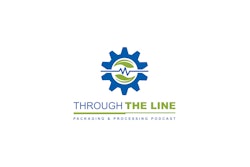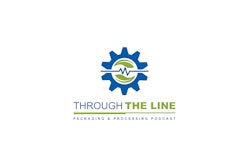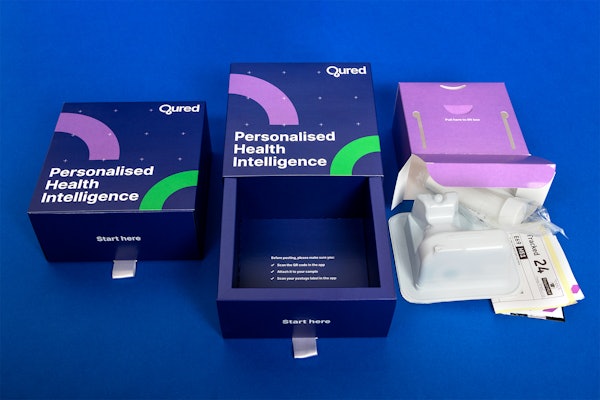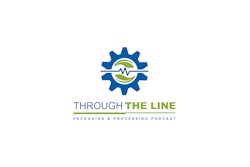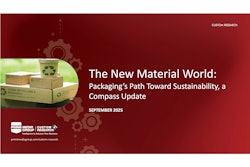On May 27, manufacturers were the first group of trading partners to reach the end of the Food and Drug Administration’s (FDA) phased exemption periods[1] for Drug Supply Chain Security Act (DSCSA) implementation. This was a monumental milestone for the pharmaceutical industry, marking a significant achievement after over a decade of work and investment to implement and ensure further security of the supply chain.
As the first exemption period has come to an end, the Healthcare Distribution Alliance (HDA) and its members, who are longstanding leaders in this space, have seen significant improvements in trading partner serialized transaction data exchange and the accuracy of such data each month. In anticipation of final DSCSA implementation, our organization and members have collected survey information on the industry’s progress. According to our most recent survey, distributor members report receiving over 93% of purchase order lines with accurate data from manufacturers.
While this information is positive, given our unique vantage point at the center of the healthcare supply chain, HDA and our distributor members have identified lingering challenges in improving data accuracy. We have also identified strategies to improve such accuracy as we move toward the distributor exemption deadline on August 27, 2025, and the dispenser exemption deadline on November 27, 2025.
Lingering Challenges and Strategies for Improving Data Exchange Accuracy
While progress has been made, challenges persist for the healthcare supply chain. For example, members report that some data remains incomplete or inaccurate, while some data may not come in from a trading partner at all. In other instances, members report that some trading partners do not consistently deliver data at or before delivery, which is essential for timely receipt and stocking. When data does come through, some manufacturers are lagging in their responses to data exception reports, and are slow to send corrections, or may not respond at all.
For distributors, technical troubleshooting for inadequate barcodes and label quality remains challenging to resolve and onboarding new manufacturers can be difficult because it is time consuming and highly technical.
Our members have indicated that the remaining purchase order lines without accurate data exchange may be the most difficult to implement in the remaining exemption periods. HDA recommends several strategies that distributors have employed to improve accuracy of data exchange, including:
- Conducting inventory assessments to identify and troubleshoot persistent issues.
- Implementing “scorecards” for trading partners to track compliance with Advance Ship Notices and Electronic Product Code Information Services data.
- Engaging directly with manufacturers to swiftly resolve data exchange and accuracy issues.
Additionally, HDA has published several recent guidelines, including the Manufacturer Data Quality: Best Practice Considerations for DSCSA and the Exceptions Handling Guidelines For The DSCSA. These resources provide information to help trading partners learn best practices to aid in DSCSA implementation.
Reaching the Finish Line
HDA and our members are committed to improving data exchange accuracy and collaborating with the FDA’s leadership to support this final stretch of DSCSA implementation. Indeed, there is still ongoing work this summer to help ensure accurate data exchange before the wholesale distributor exemption period ends in August. Additionally, distributors continue to help dispenser trading partners feel prepared to meet their deadline in November of this year by communicating and educating these supply chain stakeholders of their DSCSA obligations.
For example, on June 25, HDA and our member representatives, along with other supply chain stakeholders, will participate in the PDG-FDA town hall, where the industry will have the opportunity to discuss the progress made toward the end of the wholesale distributor exemption period. HDA also moved its annual Traceability Seminar to August 4-6, 2025, in Washington, D.C., to help ensure participants have time to engage with the information provided at the event ahead of the expiration of the upcoming exemption periods.
Ultimately, improving upon patient safety and supply chain security are the end goals of the DSCSA for the entire supply chain. As the critical link between manufacturers and dispensers, distributors have made significant investments in systems, processes and partnerships to help ensure compliance with DSCSA requirements. Collectively, trading partners must continue to work through data challenges as the DSCSA goes live to help ensure that accurate and stabilized data exchange becomes the new normal.
[1] These exemptions resulted from the FDA’s October 2024 announcement, which provided the industry with the necessary time to strengthen data exchange processes while maintaining the flow of medicines to patients.




